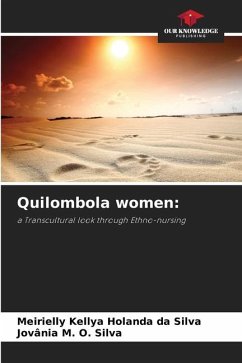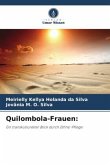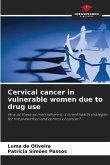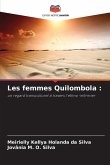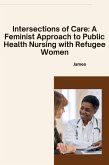Given the cultural, socio-economic and geographical peculiarities of the quilombola community of Pixaim (Piaçabuçu - AL), the Theory of Transcultural Care and Ethno-nursing emerged as the most appropriate theoretical/methodological framework to meet the objective of analyzing the diversities of the conceptions of health/disease held by the women of this community. Through the researcher's five-month stay in the community, it was possible to identify how distant professional care is from cultural aspects, leaving preventive care and treatment of illnesses to the responsibility of popular knowledge passed down from generation to generation. Nurses must understand that social inequalities/iniquities affect access to health services, which is why these women take responsibility and become protagonists in perpetuating popular care for their health, that of their family and the group they belong to.
Bitte wählen Sie Ihr Anliegen aus.
Rechnungen
Retourenschein anfordern
Bestellstatus
Storno

